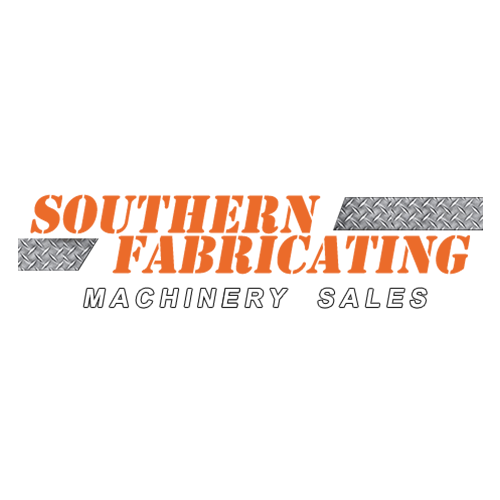
Posted By: Southern Fabricating Machinery Sales | Posted On: August 7, 2020
What You Need to Know Before Using a Like-Kind Exchange
If you are a savvy business owner who is always on the lookout for brilliant ways to save a few bucks on tax gains, you might have heard about ‘Like-Kind Exchange’. This is a powerful tax-deferment strategy that is being leveraged by many enterprises. It’s a type of transaction where asset owners can swap an obsolete or unused machine with another one to take advantage of the deferred capital gain taxes, much like trading in.
Although Like-Kind Exchange seems like something that can be done without any extensive knowledge, the transaction has several moving parts and a list of requirements. As such, manufacturers must understand what it entails before they attempt to use it. If you have questions about Like-Kind Exchange or 1031 Exchange as commonly known, this article details everything about this type of transaction.
What is a Like-Kind Exchange?
Like-Kind Exchange or 1031 Exchange is a term coined from SECTION 1031 (a)(1) of the United States Internal Revenue Code. It is tax-saving strategy that allows investors to sell an asset and differ the capital gain tax by acquiring a “like-kind” asset with the proceeds they got from the first sale. Although this type of transaction is common in real-estate, manufacturers can also take advantage of the 1031 exchange when they want to replace an obsolete or used machine.
When someone sells an asset for gain, they are required to remit capital gained tax on the money earned. However, Section 1031 (a)(1) of the United States the Internal Revenue Code (IRC) can exempt you from paying this type of tax if you use these proceeds to purchase a similar asset that is considered a like-kind.
It is essential that business owners accurately understand the 1031 exchange process and its requirements. For instance, you could mistake the term Like-Kind to mean the exact type of assets, only to learn later that some aspects, such as character and class, were overlooked or misinterpreted.
Why Would a Business Use Like-Kind Exchange?
The sale of an asset is a taxable transaction. However, as stipulated in the IRC section 1031, a Like-Kind Exchange has no gain or loss since it is one asset being swapped for another of like kind. As such, when businesses use 1031 Exchange, they benefit from deferred capital tax gains, as well as enjoy significant portfolio growth and increased ROI.
Businesses can also opt for Like-Kind exchanges if they want to diversify their portfolio, when they want to upgrade their assets, or when they want to reset the assets depreciation clock.
Benefits of Like-Kind Exchange for Manufacturers
- Deferred Capital Gains Tax
When manufacturers use an LKE arrangement, they can keep the proceeds from the sale of an asset and use it to acquire another piece of machinery without paying any capital gain tax. This frees more capital that can be used to expand a business' portfolio without incurring additional costs. Section 1031 of the IRC provides manufacturers with an incentive to replace unused and obsolete assets with advanced, energy-efficient, and environmentally friendly machinery to stay competitive and profitable.
- Depreciation and Timing Benefits
When an asset is sold at a steeper price than its depreciated value, you may have to recapture the depreciation. This insinuates that the depreciation amount will be included in the taxable income once you sell the asset. Manufacturers can take advantage of the Like-Kind Exchange to avoid the massive increase in taxable income caused by depreciation recapture.
The 1031 Exchange provides that taxable gain and depreciation recapture should not be recognized but rather rolled into the like-kind replacement asset. Primarily, this kind of transaction offers cash flow timing benefits as it permits immediate reinvestment of sale proceeds into the business. Without 1031 Exchange, manufacturers would incur a cash flow problem. They'll need to have a reserve fund to cater to depreciation recapture tax and more additional funds to buy the replacement asset.
Of course your accountant can answer all the questions you may have about your particular tax situation but knowing this tool exists is important when buying and selling machinery for any manufacturer.






